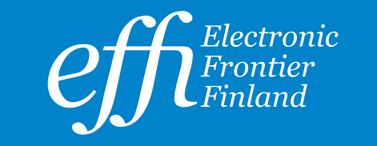The society adopts new technologies along which citizens give up — often unknowingly — their privacy. For example, all kinds of payment and bonus cards, mobile phones, electric tickets and “cookies” in the Internet gather information about peoples’ consuming habits. User friendliness and security have been effective selling points for these new technologies. It is easy to buy customized offers and it feels safe to know, for example, the exact location of one’s children. So, why worry?
The electric bus cards, for example, have soon millions of user. Still only few of them know that the card which works like a wallet, also stores a person’s daily transportation information in great detail — because of billing. Mobile phone operators also have detailed information about individual phone calls, their originating locations and timestamps. Grocery stores have detailed logs of their customers’ purchases. Altough the companies claim this information is safe and secure, many officials can easily gain access to them, be it the police or the tax officers.
Another great risk is that people who, for some reason, don’t want to give their information to outsiders, may get excluded from many societial services. It is already difficult to conduct daily life for people who don’t own debit or credit cards. If the accessibility of basic services depends on, for example, a mobile phone or turning on location tracking services, there is even a greater need for political discussion.
More material
[effi_list|3|en|1|or|{listArticles dir=”yksityisyys/” lang=”en%” showdate=”1″ showauthor=”1″ showsummary=”1″ limit=”999″ recdirs=”1″ filterdupes=”0″}]
